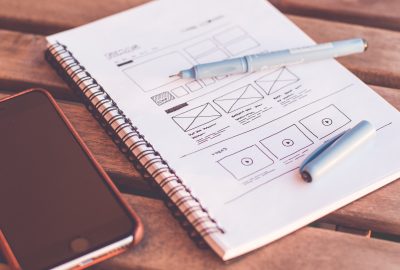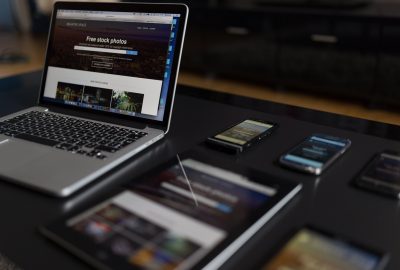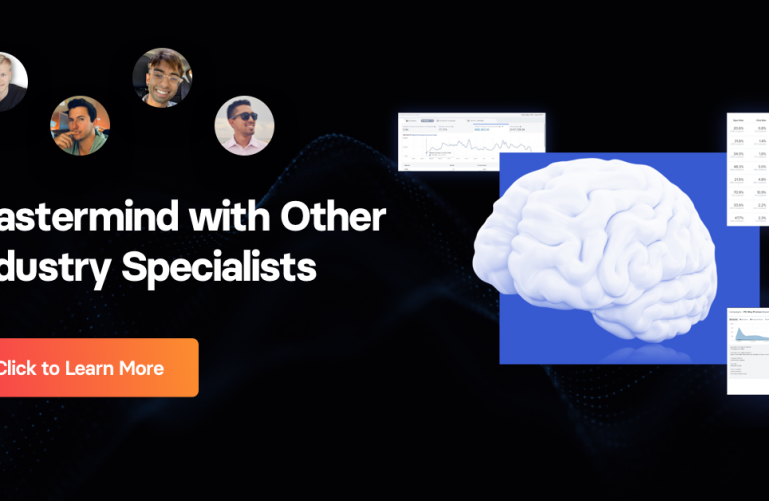I hear this quite a lot…
“I want to build my personal brand.”
“I want to become the go-to in my industry.”
“I want to get more inbound leads and sales.”
The problem most people have is they’re overworked and underpaid.
They’re putting in the effort all the ‘gurus’ tell them to do, only to end up with stress, overwhelm and a bank account that makes them feel more like a failed wantrepreneur than if they just stayed with a regular job.
Not sure if you can relate, but if you’ve been working on your personal brand and feel like you haven’t seen the ‘ROI’ yet…
Today I’m planning on solving that for you.
I have good news and bad news. Bad news is that it’s getting harder to get peoples attention in a more digital era.
Good news is that when people are competing for a marketplace, it usually means there’s a bunch of customers there.
Not sure how to stand out? I got you!
There’s a solution for this.
You see, personal branding is a real thing.
Look at Gary Vee, Grant Cardone, Elon Musk, Steve Jobs (RIP Steve), Russell Brunson, Tony Robbins… The list goes on.
Why is it that most big companies have a ‘personality’ behind them?
Well… the answer is pretty simple.
People buy from other people they know, like and trust… and while that’s no news, there’s a formula to the ART of Personal branding.
Before I dive too deep into the ART, here’s the definition of personal branding:
“A personal brand is a widely-recognized and largely-uniform perception or impression of an individual based on their experience, expertise, competencies, actions and/or achievements within a community, industry, or the marketplace at large.” (www.personalbrand.com)
You can see that there’s a few elements that play a big part in the outcome of your personal brand.
“Experience, expertize, competencies, actions and or achievements within a community, industry or the marketplace.”
That said, if you were to boil it down to 3 things, to keep it stupid simple to understand, I’d say:
“Personal branding is the results, and relationships and reputation you have in a specific niche.”
Meaning, they’re all something that you can work on.
And yes there are others things like core values, perception, community etc that you can throw in there with personal branding, but to keep it simple, let’s start with those ‘big 3’.
So why is it that most people fail with personal branding?
They start in the completely wrong end of the spectrum.
Let me explain… by asking you a question:
Would you rather buy a course from someone you like, but don’t have the right knowledge and results to ensure you get results?
Or would you rather buy from someone you don’t really consider your ‘role model’ but you know at least you can get the results you want from them?
I mean… you probably don’t buy from people you don’t relate to, but you get my point.
Would you rather buy a course from someone you have a relationship with online and you know have the right results, or would you rather buy from someone who’s got their website branded real nice and look ‘fancy’ but have no social proof or results to show for?
Moral of the story?
Results beats everything. Period.
You’ll never build a long-term business by ‘faking it til’ you make it’.
You might get a few sales, but nothing where you hit the flywheel effect and you start having leads and customers roll in like clockwork.
You won’t be able to get raving fans who promote you to others.
Look at Amazon. They don’t advertise, yet they’re one of the biggest companies in the world.
Now to get even more practical, how do you start taking action towards building a personal brand in 2020 and beyond?
It can be hard knowing exactly where to start, but it doesn’t have to be.
Thanks to the internet, we now have the opportunity to go through other top personalities in your industry, and search for ‘patterns of success’.
Success always leaves clues.
List out 10 experts in your industry and look at patterns of success. Look at their results, social proof, website, funnels, ads, social media pages and so on. Study the ‘why’ behind the ‘what’.
Are they selling based on ‘identity’? A sense of belonging? A strong emotion towards a specific ‘cause’?
What are they ‘for’ and what are they ‘against’?
Look at their ‘tribe’, what are some of the characteristics of their ‘ideal follower’?
You’ll be surprised with the data you get if you do this market research properly.
For an example, a good place to start is Clickfunnels and Russell Brunson.
See how he’s built such a loyal following of millions of followers and 100,000 active users of his software Clickfunnels.
Last thing to remember is that there’s no personal brand with no consistent interaction between you and your followers.
They’re a part of your life now. Show up consistently, inspire them and be the leader they always dreamt of.
You’ll become the go-to in your industry, one person at a time, as you grow your influence.
Build a tribe. A mission. A family.
Not followers. Not fame.
Family.






